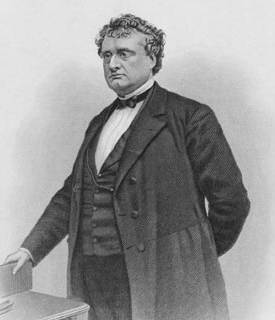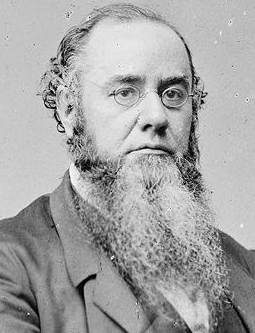To Colored Men.
Wanted. Good men for the Fifty-fourth Regiment of Massachusetts Volunteers
of African descent, Col. Robert G. Shaw. $100 bounty at expiration of term of
service. Pay $13 per month, and State aid for families. All necessary information
can be obtained at the office, corner Cambridge and North Russell Streets.
Lieut. J.W.M. Appleton,
Recruiting Officer.
[1863-02-07] FRED. DOUGLASS ON THE PROCLAMATION



